
Rouen: The Heart of Normandy's Rich History
Rouen, the capital of Normandy, is a city that perfectly blends its rich history with modern charm. Known for its stunning Gothic architecture, the city is home to the magnificent Rouen Cathedral, which famously inspired the works of Claude Monet. Wander through the narrow, cobbled streets of the old town, and you’ll find a plethora of half-timbered houses that transport you back in time. Rouen is also renowned for its significant role in French history. This is the city where Joan of Arc was tried and executed, and you can visit the Joan of Arc Historical Museum to learn more about her life and legacy. The city’s museums, such as the Museum of Fine Arts with its impressive collection of paintings, sculptures, and artifacts, offer a deep dive into Rouen's cultural heritage. For those who enjoy a more leisurely pace, the banks of the River Seine provide a picturesque setting for a relaxing stroll. The city's vibrant markets, bustling cafes, and gourmet restaurants offer an authentic taste of Normandy’s culinary delights. With its rich history, scenic beauty, and cultural depth, Rouen is a destination that promises a memorable experience for every visitor.
Local tips in Rouen
- Visit the Rouen Cathedral at different times of the day to see how the light affects the facade, especially during sunset.
- Explore the historic old town on foot to fully appreciate the architecture and atmosphere.
- Try local specialties like 'Teurgoule' rice pudding and apple cider at the city's markets and eateries.
- Check the schedule for the light and sound show at the Rouen Cathedral during the summer months.
- Take a Seine river cruise to enjoy a different perspective of the city's landmarks.
Neighbourhoods in Rouen
Rouen: The Heart of Normandy's Rich History
Rouen, the capital of Normandy, is a city that perfectly blends its rich history with modern charm. Known for its stunning Gothic architecture, the city is home to the magnificent Rouen Cathedral, which famously inspired the works of Claude Monet. Wander through the narrow, cobbled streets of the old town, and you’ll find a plethora of half-timbered houses that transport you back in time. Rouen is also renowned for its significant role in French history. This is the city where Joan of Arc was tried and executed, and you can visit the Joan of Arc Historical Museum to learn more about her life and legacy. The city’s museums, such as the Museum of Fine Arts with its impressive collection of paintings, sculptures, and artifacts, offer a deep dive into Rouen's cultural heritage. For those who enjoy a more leisurely pace, the banks of the River Seine provide a picturesque setting for a relaxing stroll. The city's vibrant markets, bustling cafes, and gourmet restaurants offer an authentic taste of Normandy’s culinary delights. With its rich history, scenic beauty, and cultural depth, Rouen is a destination that promises a memorable experience for every visitor.
When is the best time to go to Rouen?
Iconic landmarks you can’t miss
Cathédrale Notre-Dame de Rouen
Discover the breathtaking Cathédrale Notre-Dame de Rouen, a Gothic masterpiece rich in history and architectural beauty, perfect for all travelers.

place du Vieux-Marché
Explore the historical Place du Vieux-Marché, a vibrant market square in Rouen, rich in culture, architecture, and local flavors.
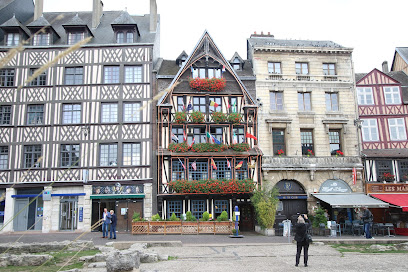
Le Gros-Horloge
Explore the historic Le Gros-Horloge, a remarkable astronomical clock at the heart of Rouen, blending medieval charm with vibrant local culture.
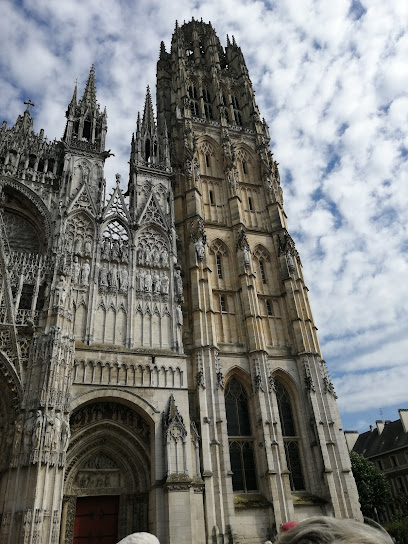
Rouen Botanical Garden
Experience the breathtaking beauty of nature at Rouen Botanical Garden, a serene escape featuring diverse flora and tranquil landscapes in the heart of Rouen.
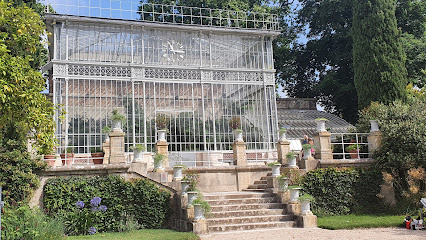
Rouen Museum of Fine Arts - Meeting of Metropolitan Museums (RMM)
Discover the Rouen Museum of Fine Arts, a treasure trove of European art masterpieces in the heart of Rouen, France, perfect for cultural enthusiasts and tourists.
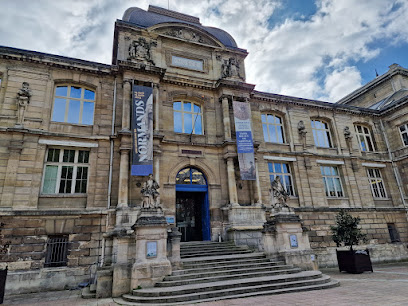
St Joan of Arc's Church
Explore St. Joan of Arc's Church in Rouen: A stunning modern tribute to history and faith, adorned with beautiful stained glass and rich cultural significance.
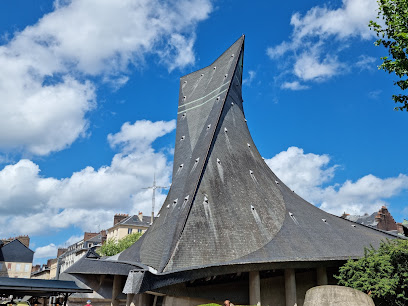
Historial Jeanne d’Arc
Discover the legacy of Joan of Arc at the Historial Jeanne d’Arc, an immersive museum experience in the heart of Rouen, France.
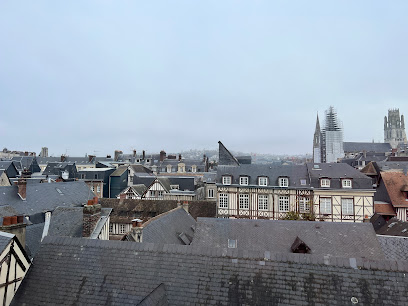
Square Verdrel
Explore the serene beauty of Square Verdrel, Rouen's charming city park, a perfect escape filled with lush greenery and vibrant flowerbeds.
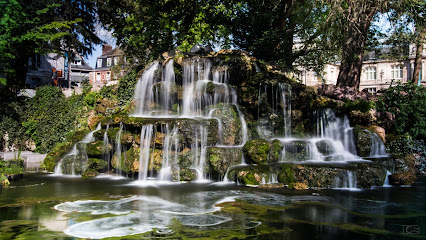
Aitre Saint Maclou
Explore Aitre Saint Maclou, a historic landmark in Rouen, where Gothic architecture meets rich history in a serene and captivating atmosphere.
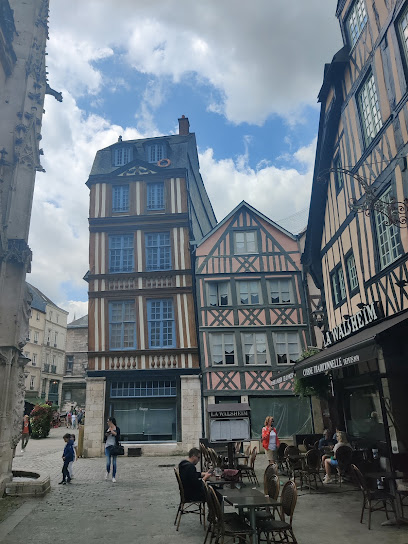
St. Maclou Catholic Church
Discover the exquisite Gothic architecture of St. Maclou Catholic Church in Rouen, a serene oasis of beauty and history in the heart of the city.
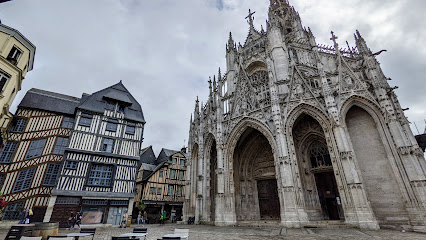
l'Hôtel-de-Ville Garden
Explore the tranquil beauty of L'Hôtel-de-Ville Garden, a serene city park in Rouen, perfect for relaxation and leisurely strolls amidst vibrant landscapes.
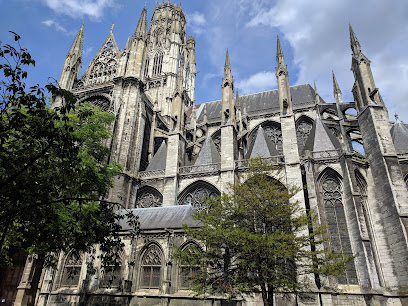
Saint-Ouen Abbey Church
Explore the grandeur of Saint-Ouen Abbey Church, a stunning Gothic masterpiece in Rouen, steeped in history and serene beauty.
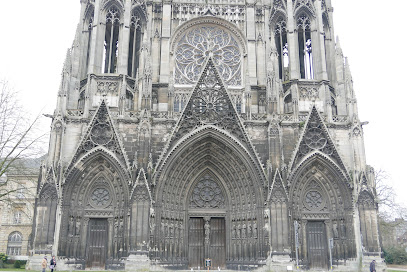
Pont Gustave-Flaubert
Experience the breathtaking views and architectural marvel of Pont Gustave-Flaubert, a modern gem in the historic city of Rouen.
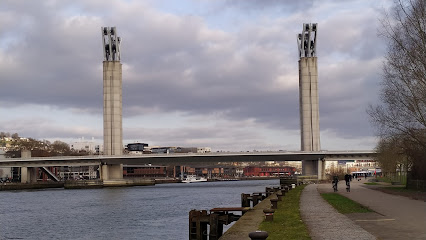
Donjon de Rouen
Explore the Donjon de Rouen, a historical castle that showcases medieval architecture, engaging exhibits, and stunning views in the heart of Rouen.
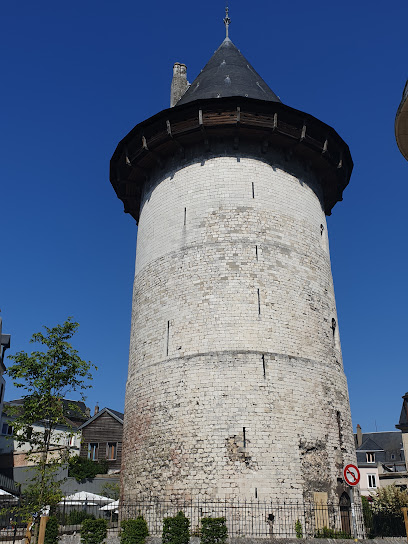
Musée Le Secq des Tournelles
Explore the exquisite artistry of wrought iron at Musée Le Secq des Tournelles, a captivating museum nestled in the heart of Rouen, France.
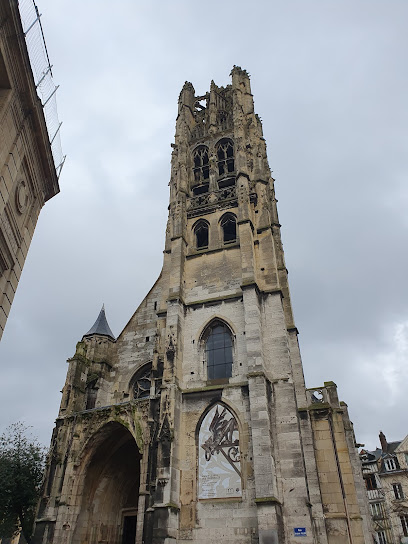
Unmissable attractions to see
Cathédrale Notre-Dame de Rouen
Explore Rouen's iconic Cathédrale Notre-Dame, a Gothic masterpiece immortalized by Monet, featuring stunning architecture and rich Norman history.
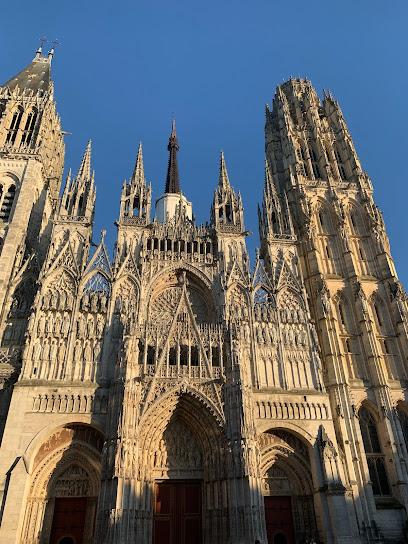
place du Vieux-Marché
Discover Rouen's vibrant Place du Vieux-Marché: history, architecture, markets, and culinary delights await in this iconic square.
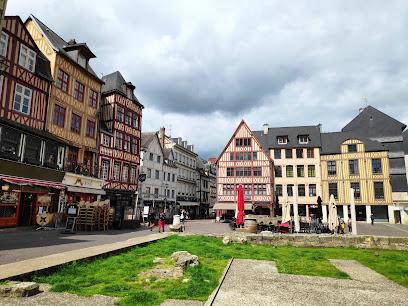
Rouen Botanical Garden
Discover a verdant oasis in Rouen: explore diverse plant collections, historical greenhouses, and serene landscapes at the free Botanical Garden.
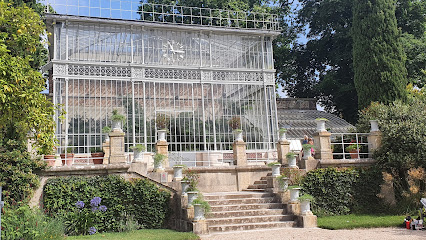
Rouen Museum of Fine Arts - Meeting of Metropolitan Museums (RMM)
Explore masterpieces from the 15th to 20th century at Rouen's Fine Arts Museum, featuring Impressionist treasures and European masters.
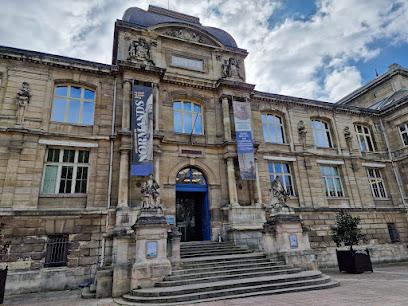
Church of St Joan of Arc
A modern church in Rouen's historic square, commemorating Joan of Arc's martyrdom with stunning stained glass and symbolic architecture.
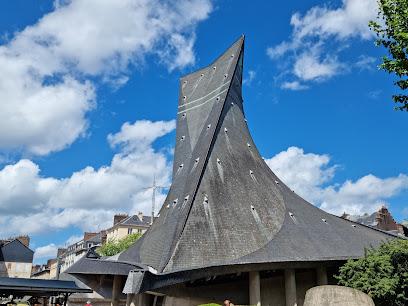
Abbaye de Jumièges
Explore the hauntingly beautiful ruins of Jumièges Abbey, a window into Normandy's rich monastic past and a testament to enduring architectural grandeur.
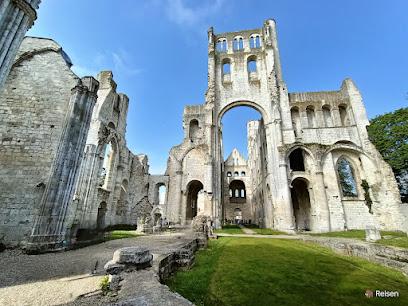
Historial Jeanne d’Arc
Experience the story of Joan of Arc in the heart of Rouen, where history comes to life through immersive exhibits.
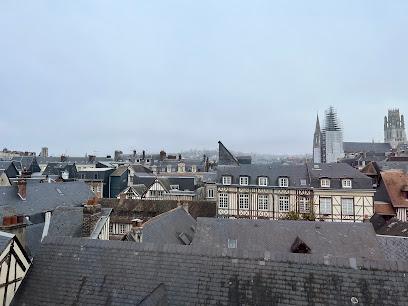
Square Verdrel
Discover Square Verdrel, a charming city park in Rouen offering a peaceful escape with lush greenery, art, and a tranquil atmosphere.
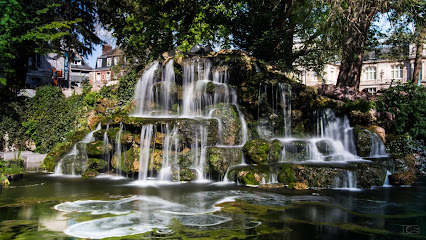
Rouen Panorama De La Côte Sainte Catherine
Experience Rouen from above: panoramic views, historic charm, and natural beauty await at Côte Sainte-Catherine.
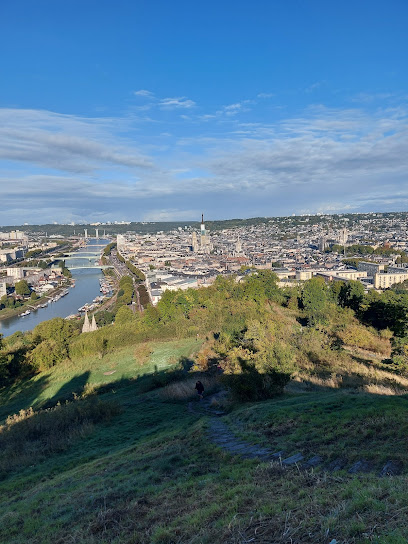
Château du Champ de Bataille
Discover a stunning Baroque château and gardens in Normandy, meticulously restored to their former glory.
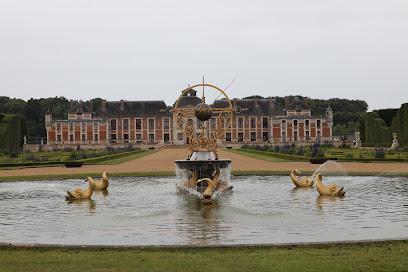
Pont Guillaume le Conquérant
Experience Rouen from Pont Guillaume le Conquérant: a modern bridge offering panoramic views of history and the Seine.
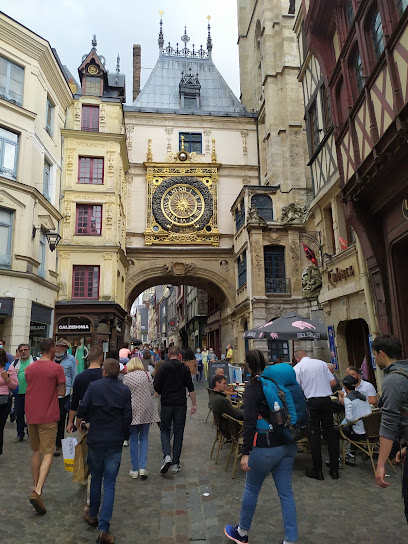
Natural History Museum
Explore biodiversity and scientific history at Rouen's Natural History Museum, home to 800,000 specimens in a 17th-century convent.
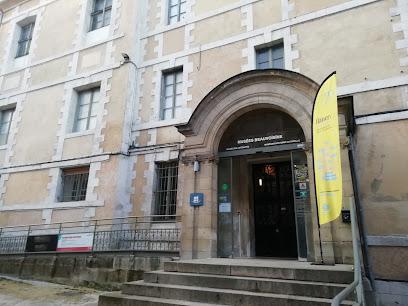
Natural History Museum
Explore natural history in a 17th-century convent, home to 800,000 specimens. A journey through science, history, and culture in Rouen, France.
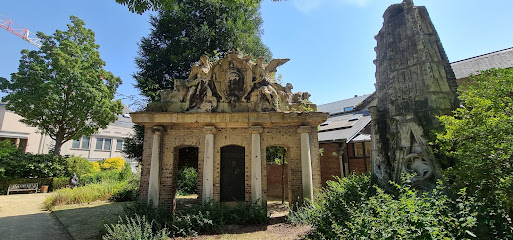
Château de Robert le Diable
Explore a medieval castle in Normandy with stunning views and a legendary, devilish past. Open for tours and exploration games!
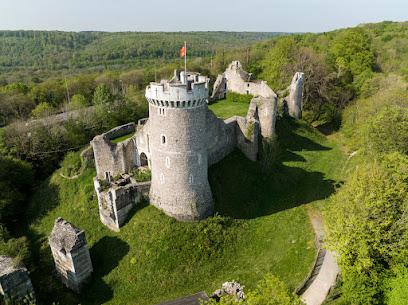
Gulli Parc
Experience a world of joy and adventure at Gulli Parc, Rouen's ultimate amusement center for families and children of all ages.
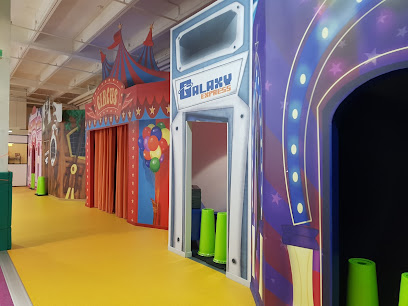
Essential places to dine
Au Bureau
Discover the lively atmosphere at Au Bureau in Rouen - where delicious European cuisine meets friendly pub vibes.
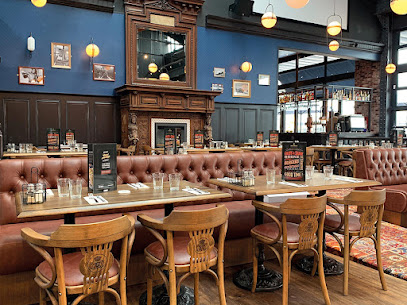
Les Fils à Maman Rouen
Discover the flavors of France at Les Fils à Maman Rouen - where traditional meets contemporary in an inviting atmosphere.
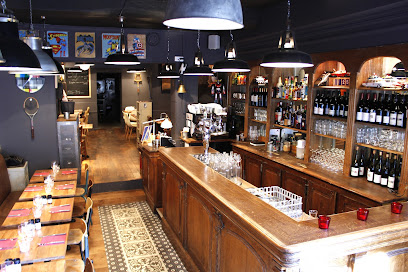
Le Bistrot d'Arthur
Experience authentic French cuisine at Le Bistrot d'Arthur in Rouen – where tradition meets culinary excellence.
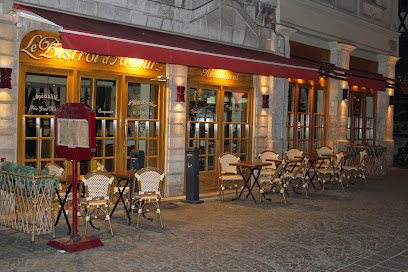
Le 6ème Sens
Discover exquisite Haute French cuisine at Le 6ème Sens in Rouen, where every meal is a celebration of flavor and artistry.
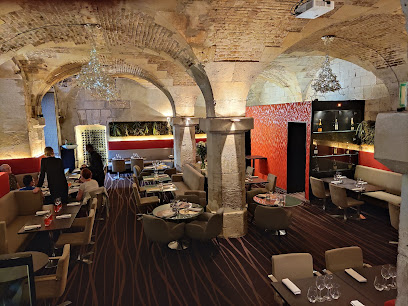
Brasserie Paul
Discover authentic French cuisine at Brasserie Paul in Rouen – where tradition meets taste in a charming setting.
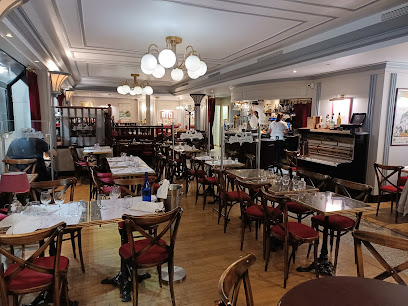
La Fabrik
Discover La Fabrik: Where modern French cuisine meets Rouen's rich culinary heritage in a vibrant setting.
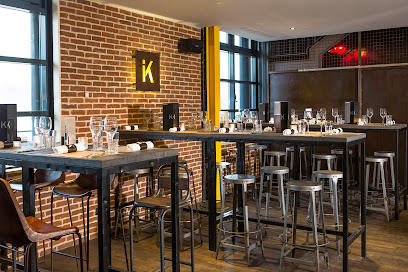
Brasserie du Drugstore
Discover the culinary delights at Brasserie du Drugstore in Rouen - where traditional French cuisine meets a vibrant brewery atmosphere.
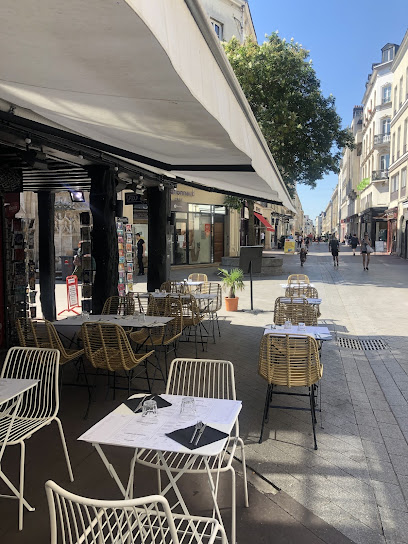
Marcel Apéro Bistro
Discover exquisite French cuisine at Marcel Apéro Bistro in Rouen - where every dish tells a story of tradition and flavor.
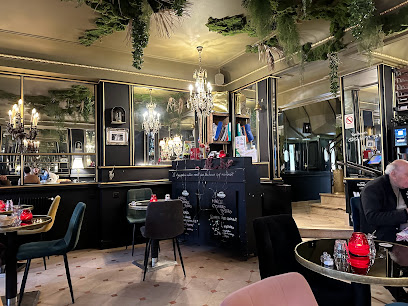
La Petite Bouffe
Experience authentic French cuisine at La Petite Bouffe in Rouen - where tradition meets taste in a cozy atmosphere.
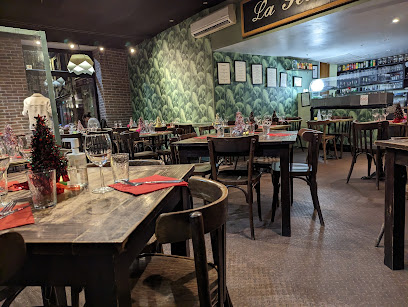
Pascaline Restaurant
Experience the best of French cuisine at Pascaline Restaurant in Rouen, where every dish tells a story of tradition and flavor.

Madame
Experience authentic French cuisine at Restaurant Madame in Rouen - where culinary excellence meets charming ambiance.
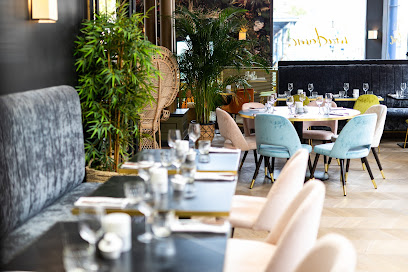
le P'tit Zinc
Experience authentic French cuisine at le P'tit Zinc in Rouen - where tradition meets flavor in every bite.
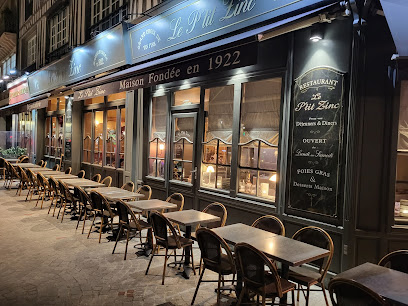
Le P'Tit Bec
Experience authentic French cuisine at Le P'Tit Bec in Rouen - a culinary gem where tradition meets flavor.
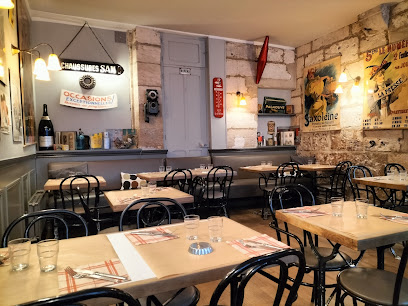
L'ODAS
Experience the elegance of haute French cuisine at L'ODAS in Rouen – where every meal is a celebration of flavor and sophistication.
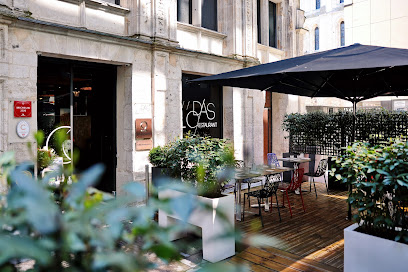
LE KITSCH
Discover authentic French cuisine at Le Kitsch – where traditional flavors meet modern charm in Rouen's vibrant dining scene.
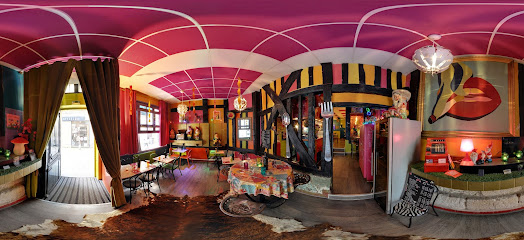
Markets, malls and hidden boutiques
Saint Sever
Discover the vibrant Saint Sever shopping mall in Rouen, where a diverse range of shops and dining options await every visitor.
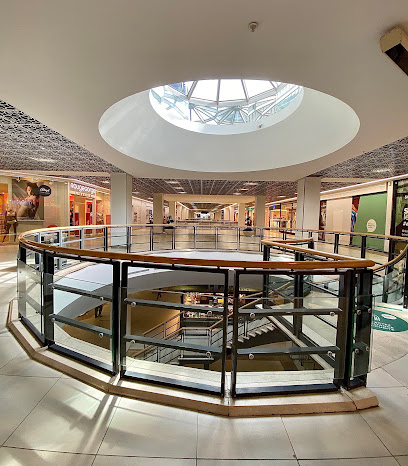
Printemps Rouen
Discover unparalleled shopping at Printemps Rouen, where fashion, beauty, and luxury unite in a stunning department store experience.
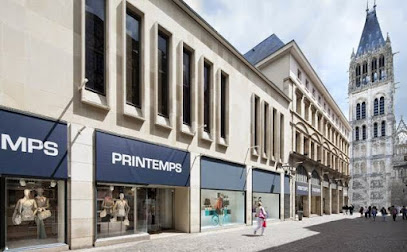
MARIE SIXTINE - ROUEN
Explore Marie Sixtine in Rouen for a chic selection of French fashion, unique styles, and local designer pieces that elevate your wardrobe.
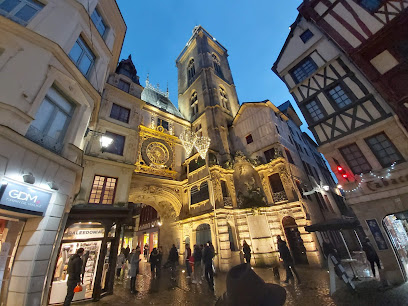
Galeries Lafayette Rouen
Explore Galeries Lafayette Rouen: A shopping haven for fashion, beauty, and accessories in the heart of Rouen, France.
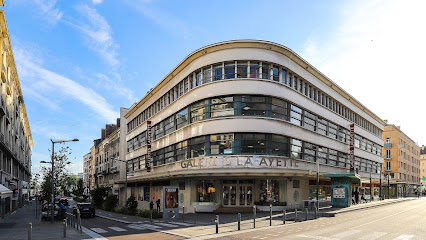
Nature and Discoveries
Discover unique gifts and enchanting children's books at Nature and Discoveries in Rouen, a must-visit destination for every traveler.
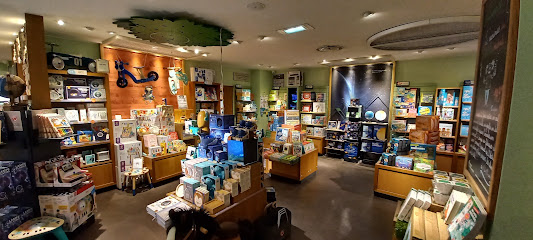
HEMA
Explore HEMA in Rouen for a delightful shopping experience with unique gifts, stylish clothing, and home essentials that capture the essence of French creativity.
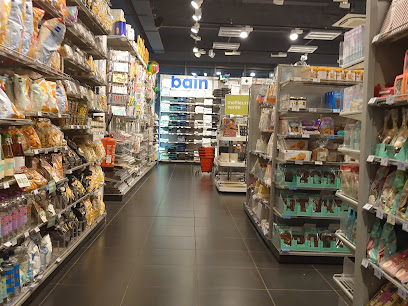
Flying Tiger Copenhagen Rouen
Explore Flying Tiger Copenhagen in Rouen for unique gifts, quirky toys, and stylish home goods that capture the spirit of your travels.
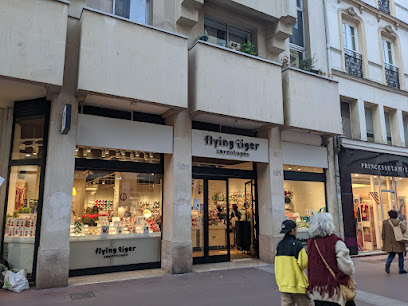
Etam Lingerie et Prêt-à-porter
Explore Etam Lingerie et Prêt-à-porter in Rouen for elegant lingerie and stylish women's clothing that defines French fashion excellence.
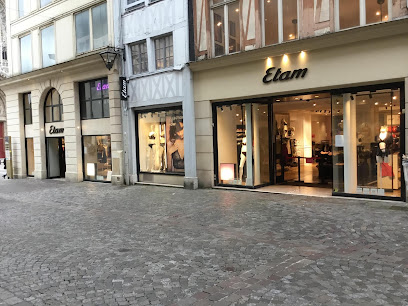
Lacoste
Discover Lacoste in Rouen - where chic French sportswear meets timeless elegance for the whole family.

Le Comptoir Irlandais Rouen
Uncover the essence of Ireland at Le Comptoir Irlandais Rouen – your destination for authentic Irish gifts, gourmet foods, and unique clothing.
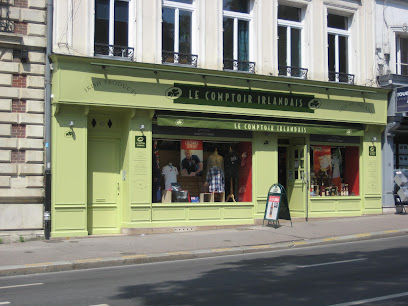
Epicerie Fine la vie en vrac
Explore the exquisite flavors of France at Epicerie Fine la vie en vrac, a gourmet grocery store offering natural goods, spices, and delightful sweets.
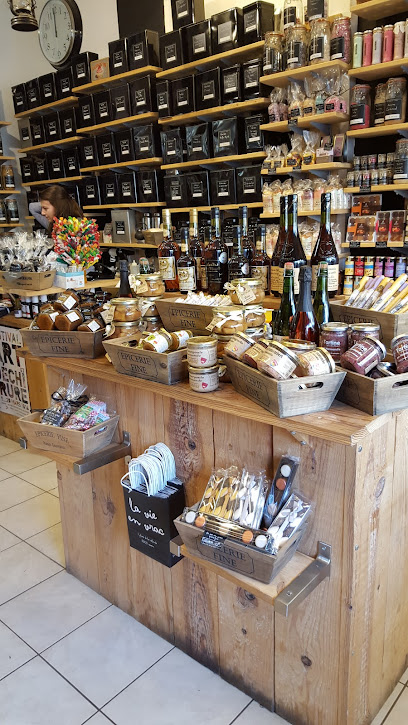
ABYstyle
Explore ABYstyle, a treasure trove of unique gifts and collectibles in Rouen, where pop culture comes to life through vibrant figurines and merchandise.
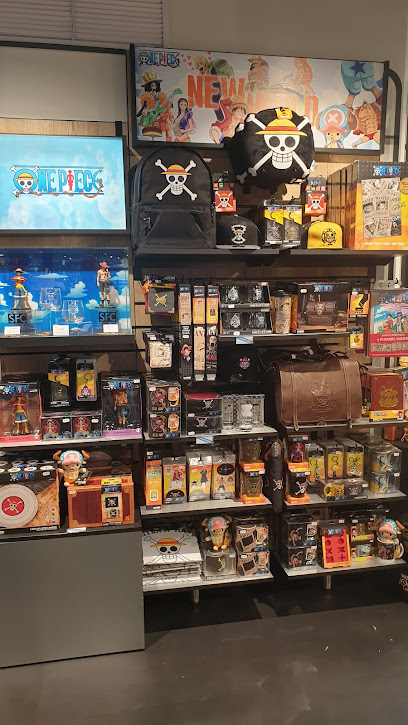
Chez Maman
Explore the charming Chez Maman clothing store in Rouen, where unique French fashion meets local artistry and style.
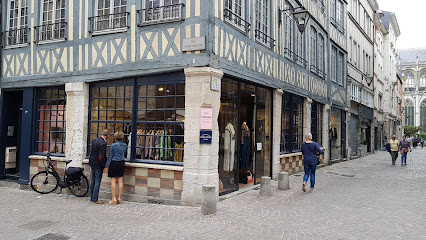
À l'Ombre des Marques | Rouen
Explore Rouen's fashion scene at À l'Ombre des Marques, where stylish clothing and accessories await to elevate your wardrobe.
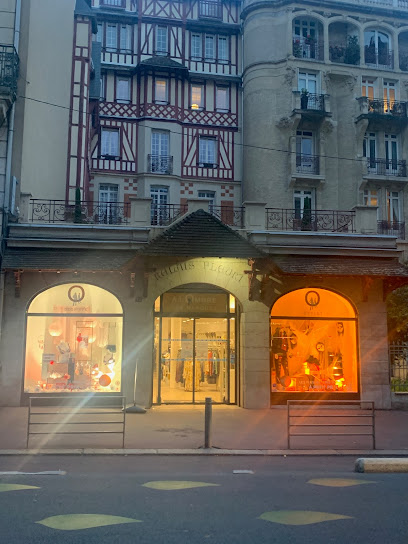
Kusmi Tea | Rouen
Discover the rich flavors of premium tea at Kusmi Tea in Rouen, where tradition meets tranquility in every cup.
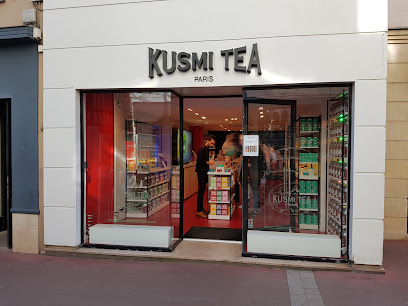
Essential bars & hidden hideouts
Delirium Café Rouen
Discover Delirium Café Rouen, a vibrant bar offering over 300 beers, delicious tapas, and a lively atmosphere in the heart of Rouen.
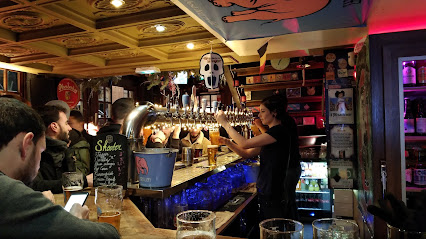
Les Berthom
Discover the vibrant atmosphere and exquisite beverages at Les Berthom, a must-visit bar in the heart of Rouen, France.
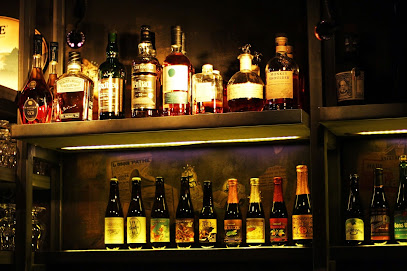
La Fée Torchette
Discover the vibrant nightlife of Rouen at La Fée Torchette, a charming bar known for its unique decor and delightful drinks.
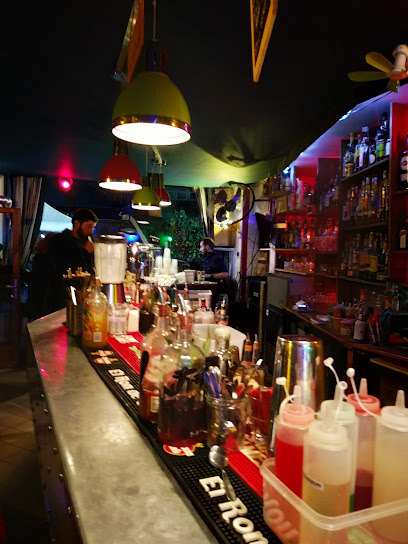
Le Saxo
Discover the vibrant atmosphere of Le Saxo, a beloved pub in Rouen offering local brews, live music, and a warm community vibe.
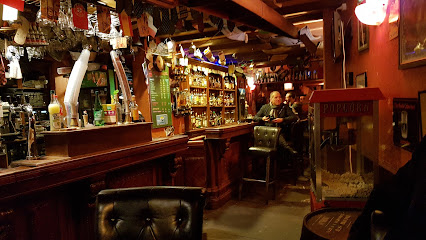
Côcoon Bar
Discover the vibrant energy of Côcoon Bar in Rouen, where exceptional cocktails, craft beers, and delicious tapas create an unforgettable nightlife experience.
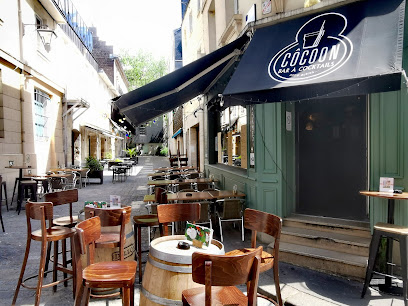
L’Absinthe Cocktail
Discover L’Absinthe Cocktail, Rouen's premier cocktail bar, where expert mixology meets a vibrant atmosphere for an unforgettable night out.
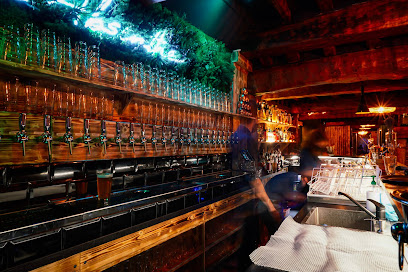
LE BAR'OUF
Discover Le Bar'ouf: Rouen's lively cocktail bar offering a unique atmosphere and expertly crafted drinks for a perfect night out.
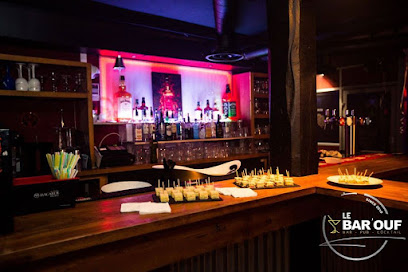
Le Petit Bar Cocktails
Discover exquisite mixology at Le Petit Bar Cocktails in Rouen, where every sip tells a story and every drink is a masterpiece.
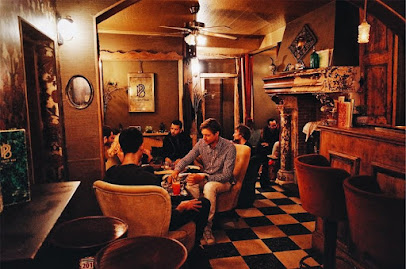
Stormwin Rouen
Discover the unique blend of cocktails and arcade fun at Stormwin Rouen, a vibrant nightlife hotspot in the heart of the city.
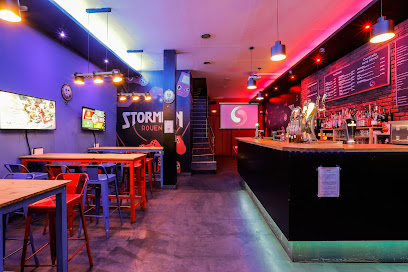
N'zo Café
Discover the vibrant ambiance of N'zo Café, a premier beer hall in Rouen offering a diverse selection of brews and delicious snacks.
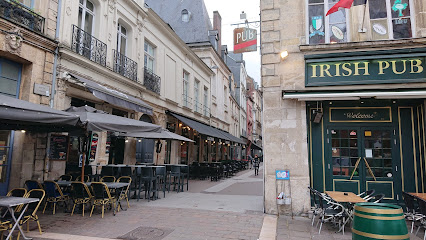
Ma-Kao Bar
Discover the lively atmosphere and signature cocktails at Ma-Kao Bar, a must-visit nightlife destination in Rouen, France.
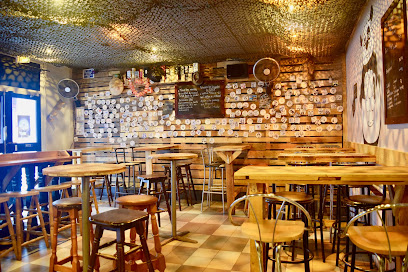
Bar Le Sacre
Experience the cozy charm of Bar Le Sacre in Rouen, where delightful drinks and a welcoming atmosphere await every visitor.
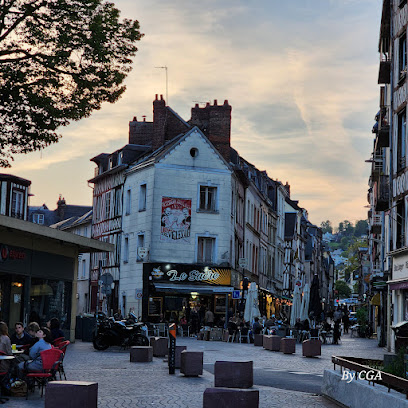
Le Trio Bar à Vin
Discover the charm of Le Trio Bar à Vin in Rouen, where exquisite wines and a cozy atmosphere come together for an unforgettable experience.
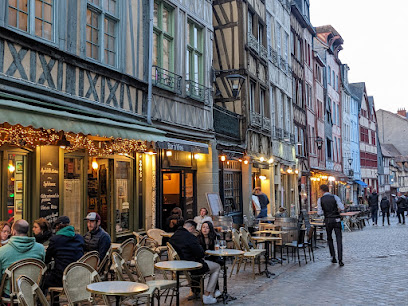
My Pub
Discover the vibrant atmosphere and local charm at My Pub in Rouen, a perfect spot for drinks and relaxation after exploring the city.
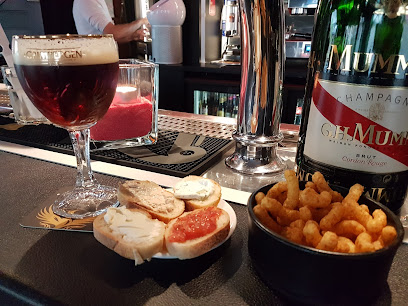
Local Phrases
-
- HelloBonjour
[bohn-zhoor] - GoodbyeAu revoir
[oh ruh-vwahr] - YesOui
[wee] - NoNon
[nohn] - Please/You're welcomeS'il vous plaît/De rien
[seel voo pleh / duh ryehn] - Thank youMerci
[mehr-see] - Excuse me/SorryExcusez-moi/Désolé
[ehks-kyew-zay mwah / day-zoh-lay] - How are you?Comment ça va?
[koh-mohn sah vah] - Fine. And you?Bien. Et vous?
[byen. ay voo] - Do you speak English?Parlez-vous anglais?
[par-lay voo ahn-glay] - I don't understandJe ne comprends pas
[zhuh nuh kohm-prahnd pah]
- HelloBonjour
-
- I'd like to see the menu, pleaseJe voudrais voir la carte, s'il vous plaît
[zhuh voo-dray vwahr lah kart, seel voo pleh] - I don't eat meatJe ne mange pas de viande
[zhuh nuh mahnj pah duh vyand] - Cheers!Santé!
[sahn-tay] - I would like to pay, pleaseJe voudrais payer, s'il vous plaît
[zhuh voo-dray pay-yay, seel voo pleh]
- I'd like to see the menu, pleaseJe voudrais voir la carte, s'il vous plaît
-
- Help!Au secours!
[oh seh-koor] - Go away!Allez-vous en!
[ah-lay vooz ahn] - Call the Police!Appelez la police!
[ah-peh-lay lah poh-lees] - Call a doctor!Appelez un médecin!
[ah-peh-lay ahn mayd-sahn] - I'm lostJe suis perdu
[zhuh swee pehr-doo] - I'm illJe suis malade
[zhuh swee mah-lahd]
- Help!Au secours!
-
- I'd like to buy...Je voudrais acheter...
[zhuh voo-dray ah-shuh-tay] - I'm just lookingJe regarde juste
[zhuh ruh-gahrd zhuhst] - How much is it?Combien ça coûte?
[kohm-byen sah koot] - That's too expensiveC'est trop cher
[say troh shair] - Can you lower the price?Pouvez-vous baisser le prix?
[poo-vey voo beh-say luh pree]
- I'd like to buy...Je voudrais acheter...
-
- What time is it?Quelle heure est-il?
[kehl uhr eh-teel] - It's one o'clockIl est une heure
[eel eh oon uhr] - Half past (10)Dix heures et demie
[dees uhr ay duh-mee] - MorningMatin
[ma-tahn] - AfternoonAprès-midi
[ah-pray mee-dee] - EveningSoir
[swahr] - YesterdayHier
[ee-ehr] - TodayAujourd'hui
[oh-zhoor-dwee] - TomorrowDemain
[duh-mahn] - 1Un
[uhn] - 2Deux
[duh] - 3Trois
[twah] - 4Quatre
[ka-truh] - 5Cinq
[sank] - 6Six
[sees] - 7Sept
[set] - 8Huit
[weet] - 9Neuf
[nuhf] - 10Dix
[dees]
- What time is it?Quelle heure est-il?
-
- Where's a/the...?Où se trouve...?
[oo suh troov] - What's the address?Quelle est l'adresse?
[kehl eh lah-dress] - Can you show me (on the map)?Pouvez-vous me montrer (sur la carte)?
[poo-vey voo muh mohn-tray (soor lah kart)] - When's the next (bus)?Quand est le prochain (bus)?
[kahnd eh luh proh-shang (boos)] - A ticket (to ....)Un billet (pour ....)
[uhn bee-yay (poor)]
- Where's a/the...?Où se trouve...?
History of Rouen
-
Rouen, located in the Normandy region of France, traces its origins back to the Roman era. Founded by the Romans as Rotomagus, it became an important settlement and the second-largest city in Roman Gaul. The city was strategically situated on the Seine River, which facilitated trade and transportation.
-
In the 9th century, Rouen fell under the control of Viking invaders. In 841, the Vikings, led by Rollo, captured Rouen and established it as the capital of the Duchy of Normandy. Rollo's descendants would go on to play crucial roles in European history, including the Norman conquest of England in 1066.
-
Rouen is famously known as the place where Joan of Arc, the French heroine and saint, was tried and executed. In 1431, during the Hundred Years' War, Joan was captured by the Burgundians and handed over to the English, who held her trial in Rouen. She was convicted of heresy and burned at the stake in the city's marketplace. Today, the Church of St. Joan of Arc stands as a monument to her memory.
-
The Rouen Cathedral, officially known as the Cathédrale Notre-Dame de Rouen, is one of the most remarkable examples of Gothic architecture in France. Construction of the cathedral began in the 12th century and continued for several centuries. Its stunning façade, detailed sculptures, and towering spire have inspired many artists, including the famous Impressionist painter Claude Monet, who created a series of paintings capturing the cathedral in different lighting conditions.
-
Like much of Europe, Rouen was significantly affected by the Black Death in the mid-14th century. The bubonic plague swept through the city, leading to a large number of deaths and a profound impact on the population and economy. The city's medieval streets and structures bear silent witness to this dark chapter in its history.
-
During World War II, Rouen suffered extensive damage due to Allied bombings aimed at disrupting German supply lines. The city was occupied by German forces until its liberation by the Allies in 1944. Post-war, Rouen underwent significant reconstruction to restore its historical buildings and infrastructure, blending its rich past with modern development.
-
In the post-war period, Rouen experienced a cultural renaissance. The city has become a hub for arts and history, hosting numerous museums, galleries, and cultural events. The Musée des Beaux-Arts, for instance, houses an impressive collection of paintings, sculptures, and decorative arts, showcasing works from the Renaissance to the modern era.
Rouen Essentials
-
Rouen is accessible via multiple modes of transportation. The closest major airport is Paris Charles de Gaulle Airport (CDG), located about 135 kilometers from Rouen. From the airport, you can take a direct train from Paris Saint-Lazare Station to Rouen-Rive-Droite Station, which takes approximately 1.5 hours. Alternatively, buses and rental cars are available for the journey. The city is also well-connected by train to other major French cities, making it a convenient destination for travelers.
-
Rouen offers a variety of transportation options. The city features an efficient public transport network, including buses and trams operated by TCAR. Tickets can be purchased at kiosks, online, or directly on the bus. Taxis and ride-sharing services like Uber are also available. For those who prefer to explore on foot, many of Rouen's main attractions are within walking distance. Additionally, renting a bike is a popular option, with several bike rental stations scattered throughout the city.
-
The official currency in France is the Euro (€). Credit and debit cards are widely accepted in hotels, restaurants, and shops. However, it's advisable to carry some cash for small purchases, especially in local markets and smaller establishments. ATMs are plentiful in Rouen, and major banks are available for currency exchange services. Contactless payment methods are also becoming increasingly popular.
-
Rouen is generally considered safe for tourists. However, like any urban area, it's important to stay vigilant. Avoid poorly lit areas at night and be cautious in crowded places where pickpocketing can occur. Areas around the train station and some parts of the city center are known for higher petty crime rates, so exercise standard precautions. Keep your belongings secure and be aware of your surroundings.
-
In case of emergency, dial 112 for immediate assistance in France. This number connects you to emergency services, including police, fire, and medical help. Rouen has several hospitals and medical facilities, such as the CHU de Rouen. Pharmacies are also readily available for minor health issues. It's advisable to have travel insurance that covers medical emergencies before your trip.
-
Fashion: Do dress smart-casual, as the French appreciate a well-put-together outfit. Avoid overly touristy attire like large backpacks and sportswear. Religion: Do respect religious sites by dressing modestly and keeping noise to a minimum. Public Transport: Do validate your ticket before boarding and offer your seat to the elderly or those in need. Don't eat or drink on public transport. Greetings: Do greet people with a polite 'Bonjour' and a handshake. Eating & Drinking: Do try the local cuisine and wines. Don't rush through meals; dining is a leisurely experience in France.
-
To experience Rouen like a local, visit the weekly markets at Place Saint-Marc for fresh produce and regional specialties. Take a leisurely stroll along the Seine River and enjoy a coffee at a local café. Engage with locals by learning a few basic French phrases; they appreciate the effort. Don’t miss the light show at Rouen Cathedral, which runs during the summer months and showcases the history and architecture of this iconic building.
Trending Landmark in Rouen
-
Cathédrale Notre-Dame de Rouen
-
place du Vieux-Marché
-
Le Gros-Horloge
-
Rouen Botanical Garden
-
Rouen Museum of Fine Arts - Meeting of Metropolitan Museums (RMM)
-
St Joan of Arc's Church
-
Historial Jeanne d’Arc
-
Square Verdrel
-
Aitre Saint Maclou
-
St. Maclou Catholic Church
-
l'Hôtel-de-Ville Garden
-
Saint-Ouen Abbey Church
-
Pont Gustave-Flaubert
-
Donjon de Rouen
-
Musée Le Secq des Tournelles
Nearby Cities to Rouen
-
Things To Do in Amiens
-
Things To Do in Versailles
-
Things To Do in Caen
-
Things To Do in Paris
-
Things To Do in Lille
-
Things To Do in Ypres
-
Things To Do in Tournai
-
Things To Do in Reims
-
Things To Do in Kortrijk
-
Things To Do in Nieuwpoort
-
Things To Do in Gorey
-
Things To Do in Tours
-
Things To Do in St. Clement
-
Things To Do in Trinity
-
Things To Do in Ostend-Bruges International Airport

















